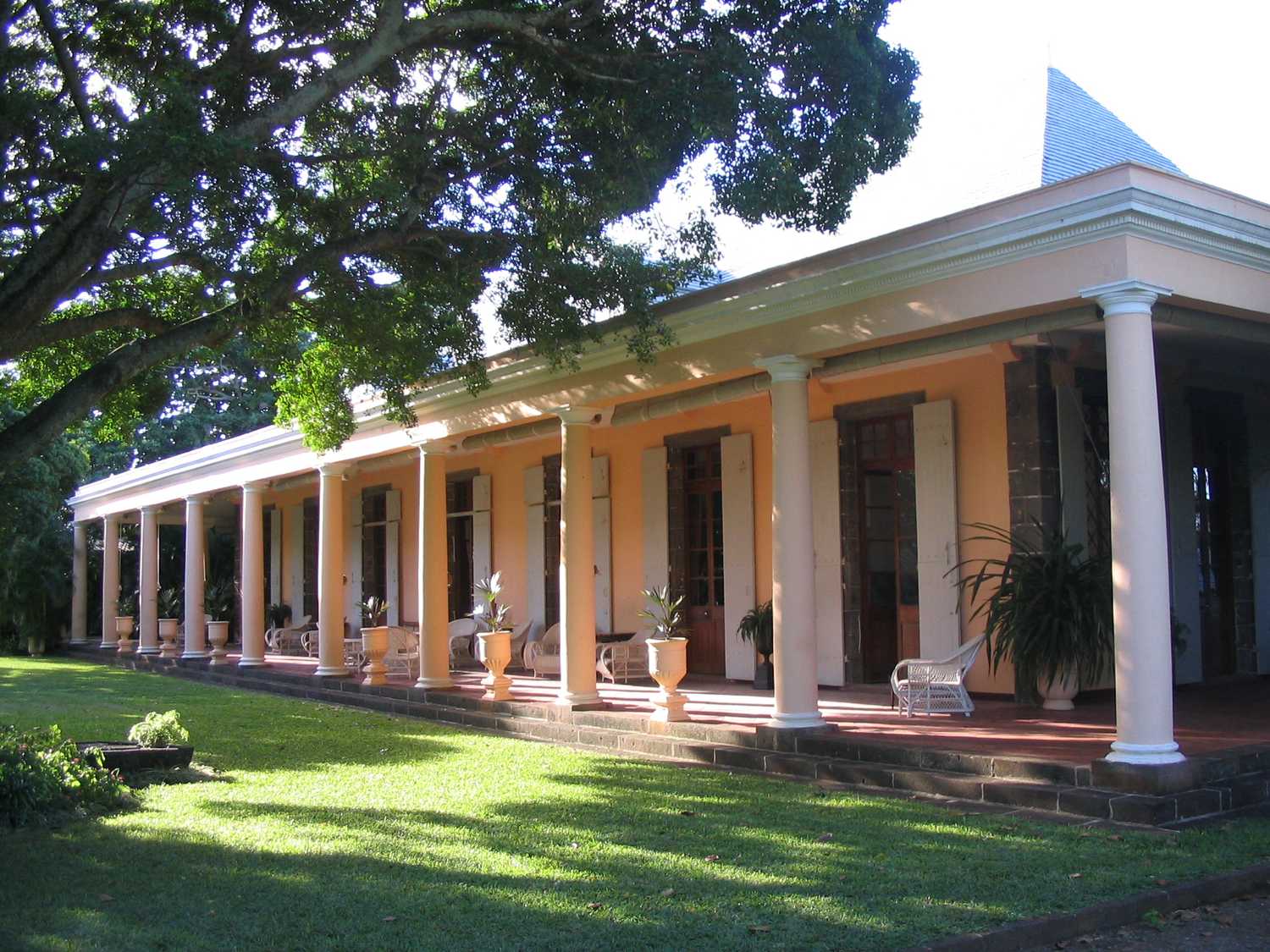Though there has been a steady increase in studying elite actors from an anthropological perspective over the last two decades, ethnographic studies of the powerful still remain relatively rare within the discipline. Anthropological studies of elite actors highlight, however, that long-term ethnographic research can offer valuable contributions to the discipline – and the understanding of power in societies more generally.
The central question in my own research on an elite, was how the Franco-Mauritians, the white former colonial elite of Mauritius, have relatively successfully maintained their (white minority) elite position about half a century after Mauritian independence. One of my key findings and contributions to the theory is that in addition to dominant interpretations of (elite) power, elites often have to defend their power and privileges in reaction to the challenges they face from other social groups - they apply their power ‘defensively’, so to speak. The Franco-Mauritians, for example, opposed independence, yet eventually had to concede and redistribute their (direct) political power to the majority of Mauritians. The initial focus on their political dominance, however, allowed them to relatively successfully maintain their economic power until the present day.
